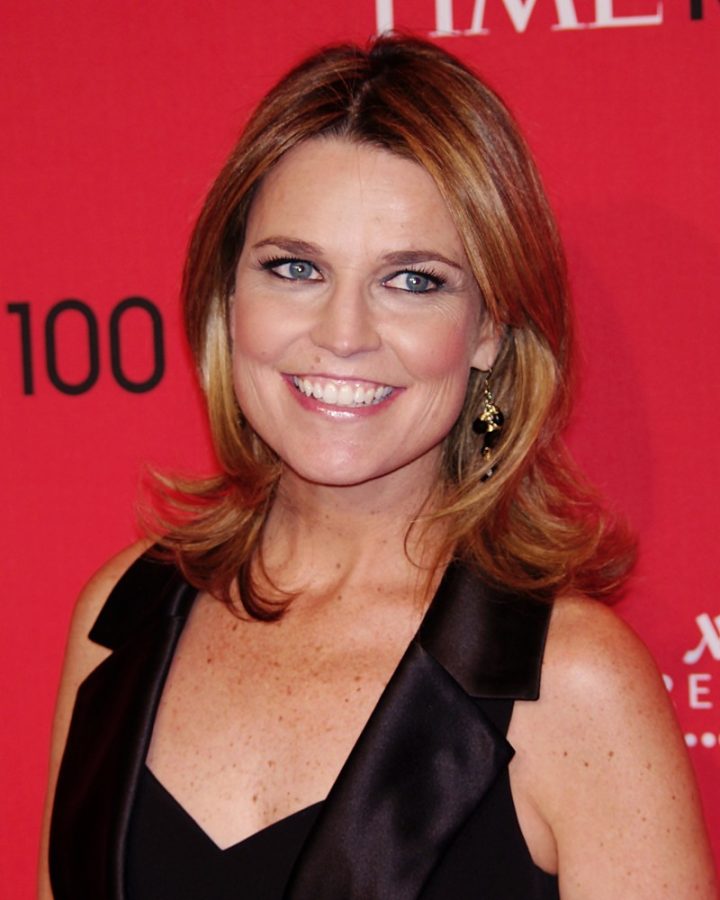Alec Scott: Barry Goldwater
Although born in Phoenix, Barry Goldwater made the right decision to avoid Arizona State University and instead come down to far more hospitable Tucson to study at the University of Arizona. The “Grand Old Man of the Republican Party,” Barry Goldwater is probably Arizona’s single most influential contribution to the political landscape of the United States, and a great representation of what makes Arizona unique. Although loathed in the 1950s and 60s as being a far right wing nut job by many in Washington, Goldwater declared he would defoliate Vietnam with nuclear bombs during his presidential race in 1964, yet by the 1990s Goldwater found himself far too moderate and liberal to keep up with the Republicans of the house and senate. Representing Arizona in the Senate for 30 years, Goldwater was a devoted protector of individual freedom, fiscal responsibility, and denouncing the rise of the evangelical right’s control over the Republican Party. By the 1990s, Goldwater was as dedicated a supporter of gay rights as he was of small government, and even endorsed Democrat Karan English in her run for the House of Representatives. His time in office saw him counsel Richard Nixon to resign in the face of Watergate, fight against corruption in government contracts, and try to keep church and state separate.
RELATED: No Hero, No Angel: The Jay Dobyns Story
Toni Marcheva: Kristen Wiig
Kristen Wiig has made me laugh out loud since I was kid, and the place in my heart for her grew a bit bigger after I learned she roamed the same grounds that I do now. Most of her characters are exaggerations of people we’ve probably met in real life, like the Target Lady or Penelope. Their closeness to reality makes actual life lighter, brighter, and more comical. In fact, I wrote this in a great mood because I spent a few minutes preparing by watching clips of Wiig’s iconic characters. I recommend doing the same anytime you’re feeling down about the world.
Kristen Wiig’s story is remarkable. She didn’t come to the University of Arizona expecting to become a famous comedian. She took an acting class to fulfill a requirement as an art student. She was afraid of public speaking. However, she took risks to make her life special. Before starting a job she really didn’t want to, she asked herself: What do I really want to do? So, the next day, she packed her bags for L.A., “freaking out the whole way.” And we have all been better off for it.
I hope UA teaches us all that same lesson. We won’t all be comedians, but we can be something bigger than the ordinary, bigger than our fears.
Mikayla Balmaceda
An alumn that first comes to mind, especially with this year’s NBA season starting up again, is Steve Kerr, head coach for the Golden State Warriors. Kerr is an 8-time NBA champion, five titles won as a player and three as a head coach with the Warriors. He won three NBA championships with the Chicago Bulls and two with the San Antonio Spurs.
Kerr graduated from the University of Arizona in 1988 with a degree in general studies with an emphasis in history, sociology and English. He played basketball for the Wildcats from 1983 to 1988.
After graduating from the UA, Steve was selected in the 2nd round of the NBA draft to the Phoenix Suns in 1988. He was then traded to the Cleveland Cavaliers in 1989, where he spent over three seasons from 1989 to 1992. Then part of the 1992-1993 season he went to Orlando Magic. From 1993 to 1998 Kerr played with the Bulls, alongside Michael Jordan. Kerr retired in 2003 after playing with the Spurs for four years.
Up until 2010, Kerr held the NBA record for the highest three-point percentage in a season of 52.4%. According to Premiere Speakers Bureau, “He went on to play 14 years…and earned the reputation of being one of the game’s most clutch shooters.”
RELATED: UA Alumna Brandi Milloy hosts a new show on the Food Network
Marisa Latzman
My favorite University of Arizona alumnus is John Hughes. Even if you don’t know John Hughes by name, you most likely know him by his string of successful movies throughout the 1980s, such as The Breakfast Club and Ferris Bueller’s Day Off, which depicted the often-overlooked mind and life of a small town teenager. Hughes’ films are still relatable to those in the pitfalls of adolescence, an often daunting and confusing period of one’s life.
Though there are some unrealistic elements to his films, such as taking your best friend’s dad’s 1961 Ferrari for a day-long joyride while narrowly avoiding being caught multiple times, Hughes still managed to accurately portray the complex inner-workings of the teenage psyche. Just yesterday, while on a plane back to Tucson, I decided to watch The Breakfast Club. Despite the inaccurate portrayal of the size of a public school library, the idea of the separation of individuals based on labels, as well as the pain of social isolation, still rings true. The students know that, even though they have connected emotionally during their stints in detention, their return to school on Monday will cause them to go right back to the way things were before they met and got to know each other on an intimate level.
Near the end, Anthony Michael Hall’s character, Brian, makes one of the powerful statements in the film:
“I was just thinking, I mean. I know it’s kind of a weird time, but I was just wondering, um, what is gonna happen to us on Monday? When we’re all together again? I mean I consider you guys my friends, I’m not wrong, am I?”
Follow the Daily Wildcat on Twitter









